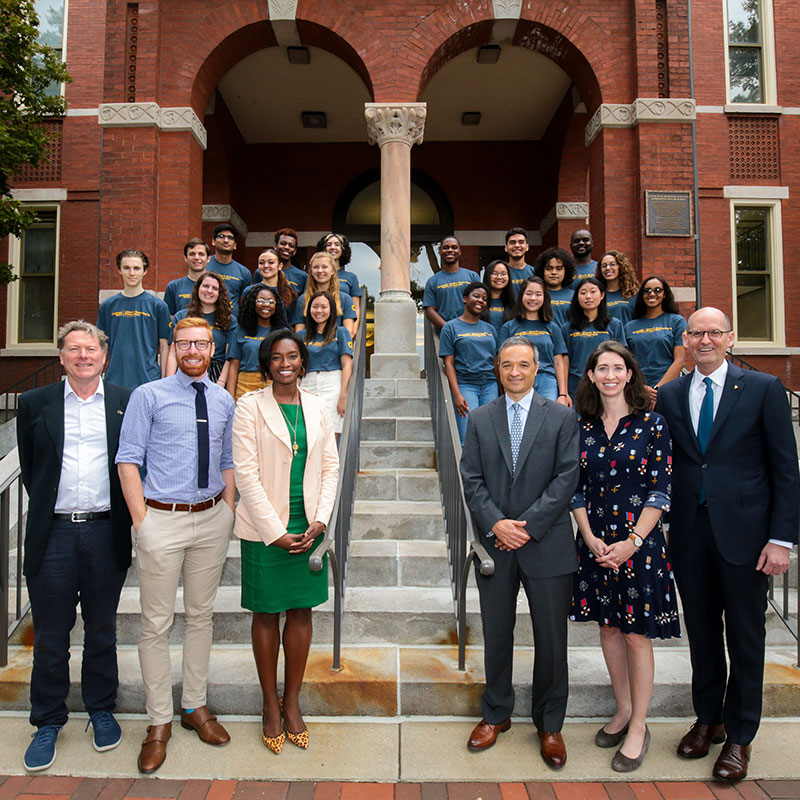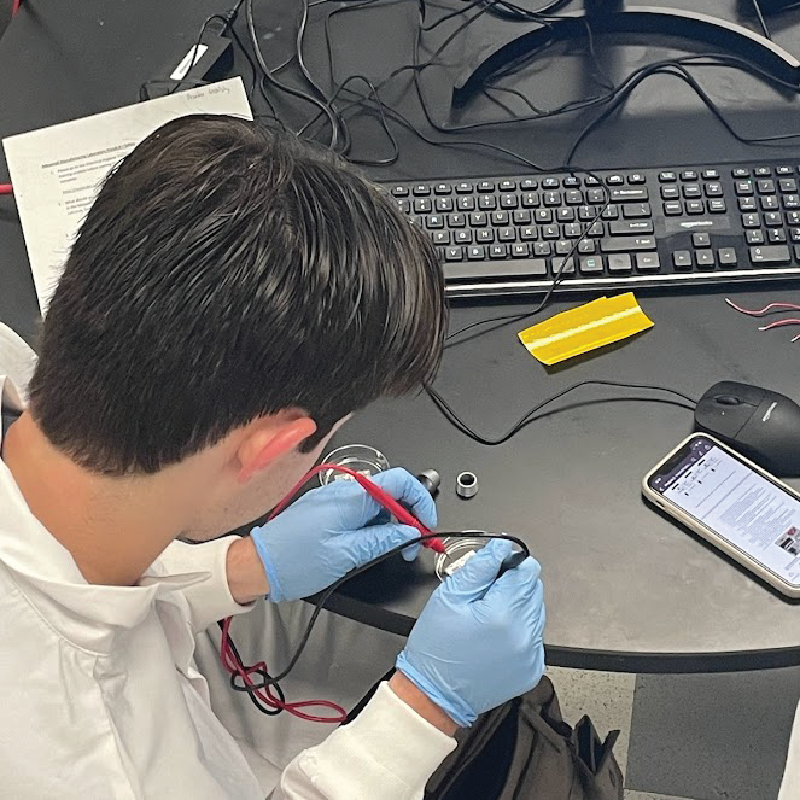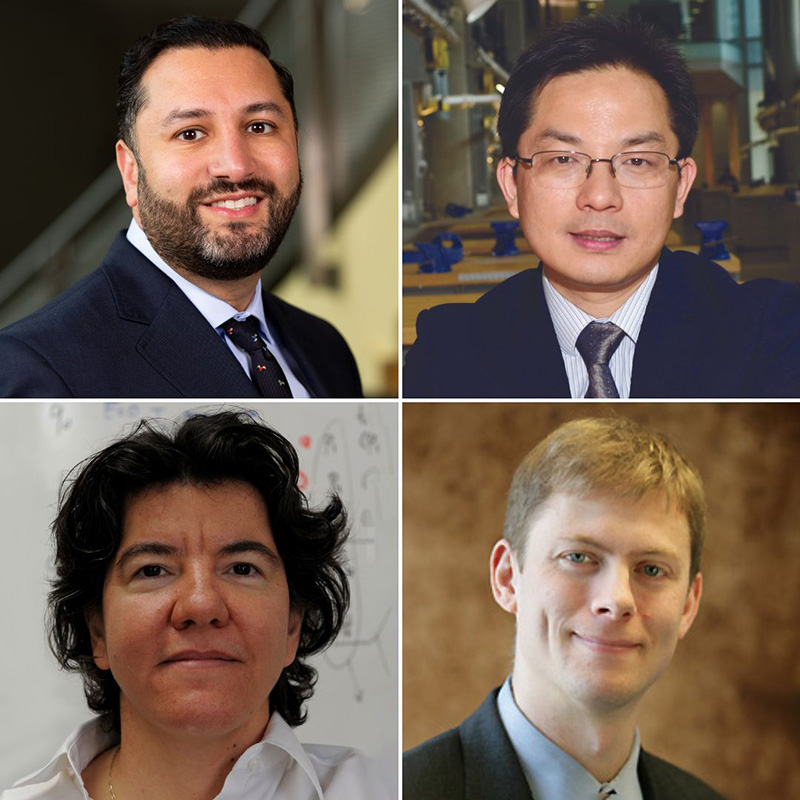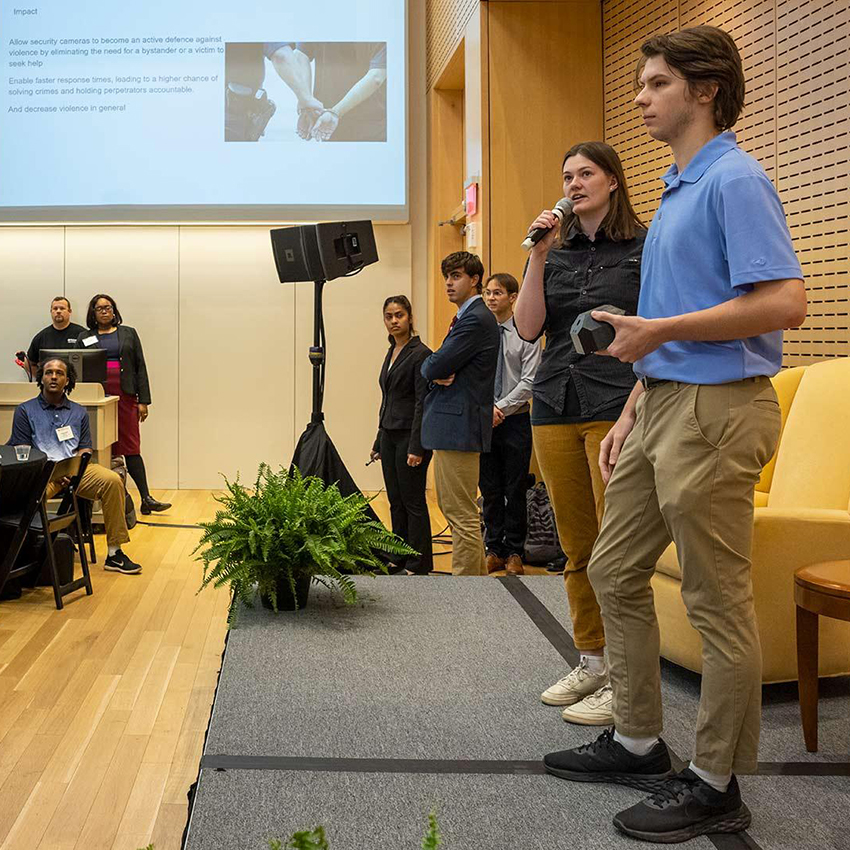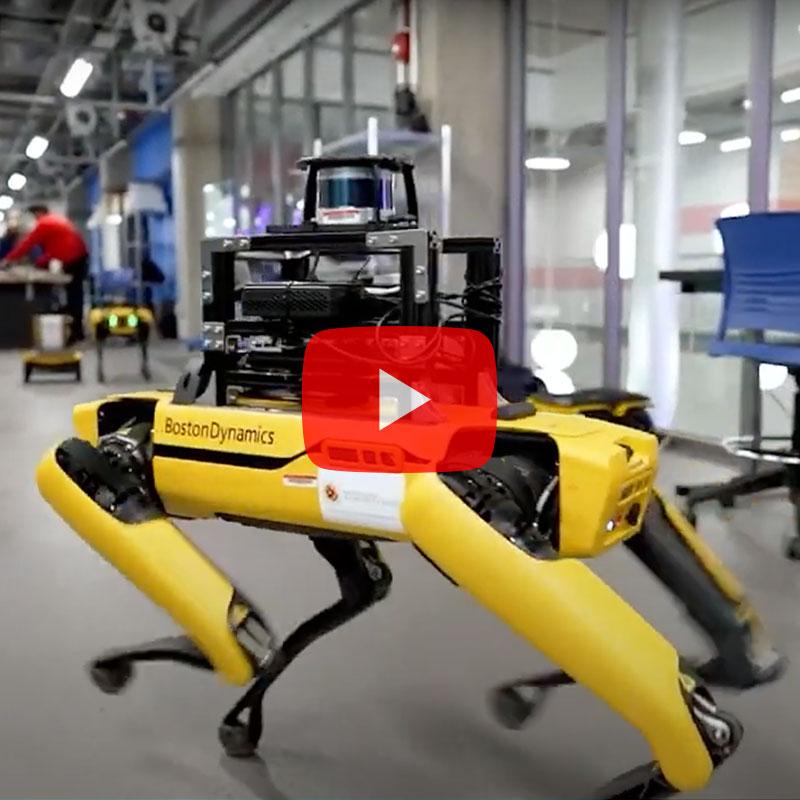Maryland To Host Workshop on Many-Core Computing, May 29
March 31, 2009
The main objective of the workshop will be to explore opportunities for theoretical computer science research and education in the emerging era of many-core computing, and develop understanding of the role that theory should play in it.
The sudden shift from single-processor computer systems to many-processor parallel computing systems requires reinventing much of computer science, and new thinking on how to actually build and program new parallel systems.
Many recent, mainstream computer science conferences have been heavily populated with papers on parallel computing, and in particular on many-core computing. In contrast, the recent programs of flagship theory conferences have had relatively few papers on the subject. This low level of activity should be a concern to the theory community, and should also concern vendors that build many-core computers. A disconnect from the theory of the field may be a warning sign for the field of computing.
"The big problem of the numerous parallel computers built over the last four decades has been their limited adoption due to programmability problems," said Prof. Vishkin. "Most computer programmers concluded that the development time and effort needed for producing proper programs made it more cost-effective to avoid these parallel machines. Since theorists are attracted to clean and simple models, they may be the canaries in the coal mine, reminding vendors that they cannot be too careful in addressing the programmability problem for parallel computing."
Theorists are also often the instructors of courses on algorithms and data-structures, and without their cooperation it will be difficult to introduce parallelism into the curriculum.
For more information, visit the workshop website at:
http://www.umiacs.umd.edu/conferences/tmc2009/




